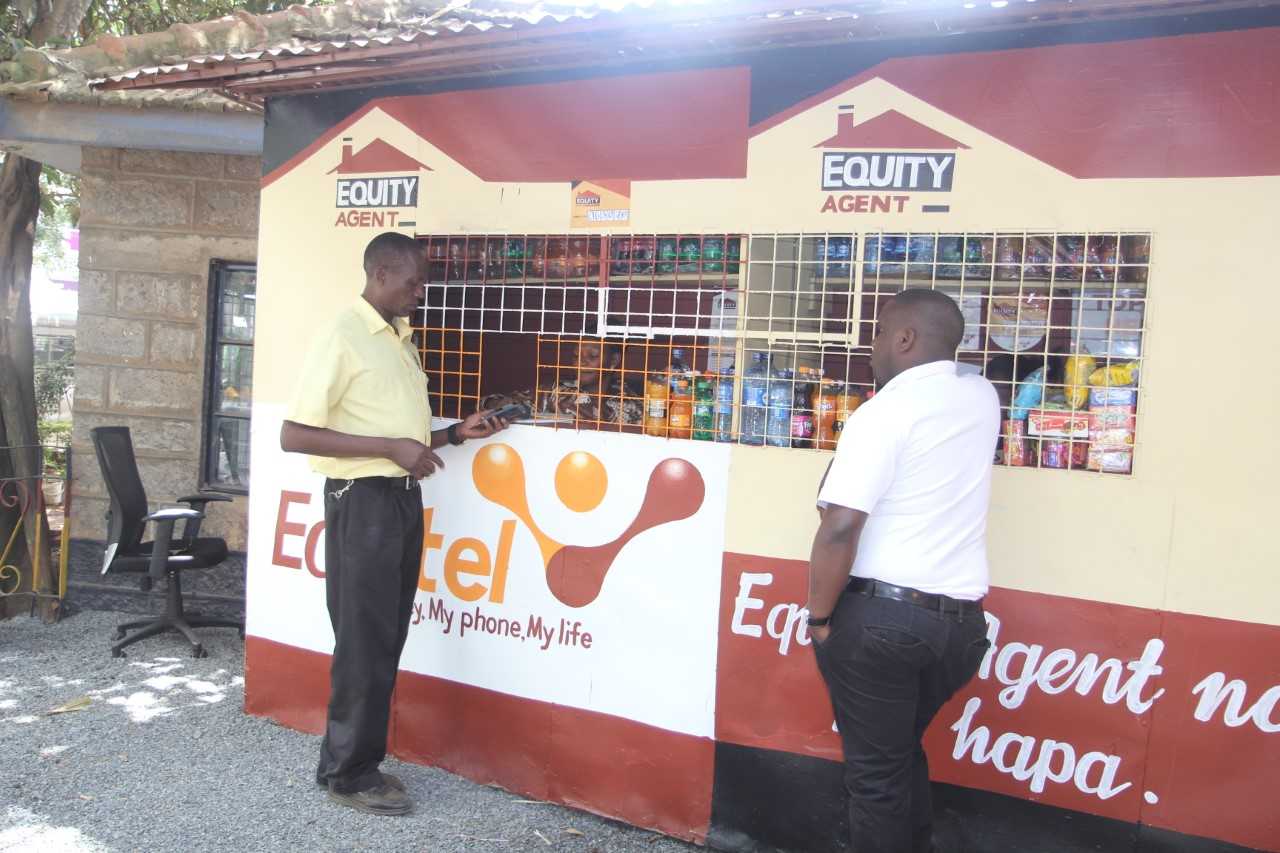A recent case involving Equity Bank Wote Branch has raised growing concern over the lender’s loan recovery practices, following claims by a borrower that his vehicle was seized by auctioneers under irregular and opaque circumstances, exposing allegations of procedural lapses, lack of due notice and possible collusion between bank staff, auctioneers and vehicle resellers.

According to information reviewed by this publication, the victim, who had secured asset financing from the branch in 2024 to purchase a vehicle, was initially promised a grace period before repayment would commence.
However, the bank allegedly backtracked on this assurance, demanding immediate repayment.
After falling two months into arrears, the borrower claims he kept communication channels open with his loan officer, explaining the delay was tied to outstanding invoices on his business end.
Despite this, on July 9, 2025, auctioneers reportedly arrived without warning at the borrower’s residence and demanded to repossess the car.
There was no prior notice, no demand letter, and no communication, formal or otherwise, alerting the borrower to imminent recovery action, contrary to what is expected under the law and fair banking practice.
The car was driven to a storage yard along Kiambu Road, and a hefty fee of nearly Ksh 40,000 was levied on the spot, exclusive of storage charges.
Requests for an explanation from the bank were met with claims that a demand letter had been dispatched via postal mail.
The borrower even formally wrote to a senior bank officer, seeking documentary proof that any such notice was ever issued or delivered, queries which, as of this writing, remain unanswered.
More troubling are the broader implications.
The affected party alleges that certain staff at the branch may be working in concert with rogue auctioneers and used-car dealers to orchestrate premature repossessions.
In this scheme, vehicles are seized at the slightest default, under a veil of procedural opacity, and then resold at deflated prices that do not cover the loan, leaving the borrower with continued debt obligations even after the asset is disposed.
This model not only violates the fundamental principles of fair lending and customer rights but also raises serious regulatory and ethical questions about the internal oversight mechanisms within such financial institutions.
In addition to raising the matter with the branch manager and equity’s loan office, the aggrieved party has written a formal email to the institution’s representative requesting three key documents: a copy of the demand letter, proof of delivery, and the hire purchase agreement that governed the transaction.
These requests are aimed at verifying whether due process was followed and whether the repossession was legally defensible.
This case shows a clear need for robust regulatory oversight of asset financing practices, particularly where vulnerable customers can be left financially and emotionally devastated by opaque processes and heavy-handed recovery tactics.
As the Central Bank of Kenya, the Banking Fraud Investigations Department, and the Competition Authority continue monitoring financial institutions, such cases call for immediate attention to ensure transparency, fairness, and accountability are restored in the consumer finance landscape.
The victim is also actively exploring further avenues for redress and has engaged legal counsel to assess options for escalating the matter.
These include possible complaints to regulatory bodies such as the Auctioneers Licensing Board and relevant financial oversight agencies.
“Hi Nyakundi. Equity Bank is a criminal enterprise. The said bank, Wote Branch, financed me to buy a car last year. They said they would give me a grace period, they later shortchanged me and told me to start paying for the loan with immediate effect. On 09/07/2025, auctioneers ambushed me in my apartment, they had come for the car. Whereas my loan was 2 months in arrears, I had communicated to my loan officer and explained to him that I had quite a number of unpaid invoices. What surprised me is that the auctioneers just ambushed me, I never received any notice or demand letter from either the auctioneers or the bank. I drove the car from Kasarani to Kiambu road, the auctioneer charged me 39,800 exclusive of storage charges. I asked the bank why they did not send me any demand letter or some sort of notice, they said that they sent via post office, lame as that was, they couldn’t substantiate. They didn’t want to send any demand letter because they did not want me to clear the arrears, they wanted the car. My inference is that Equity staff are working in cahoots with rogue auctioneers and car dealers, once your loan is slightly in default, they will want to milk you dry and then sell the car for a deal price, they will sell the car at a price way below forced value, and still leave your account in arrears, which you will have to pay. By the grace of God, I was able to sort out my issue. But how many Kenyans are suffering in silence. Please help me call out this criminal entity called Equity Bank.”





We will continue to closely monitor this case as part of a broader inquiry into questionable loan recovery tactics by major lenders, as this incident is far from isolated.
We also encourage other affected borrowers, whether involving Equity or any other institution, to come forward and share their experiences.
Elevating these stories is critical not only for public accountability but also for shaping a more transparent, ethical, and customer-centred financial ecosystem.











































